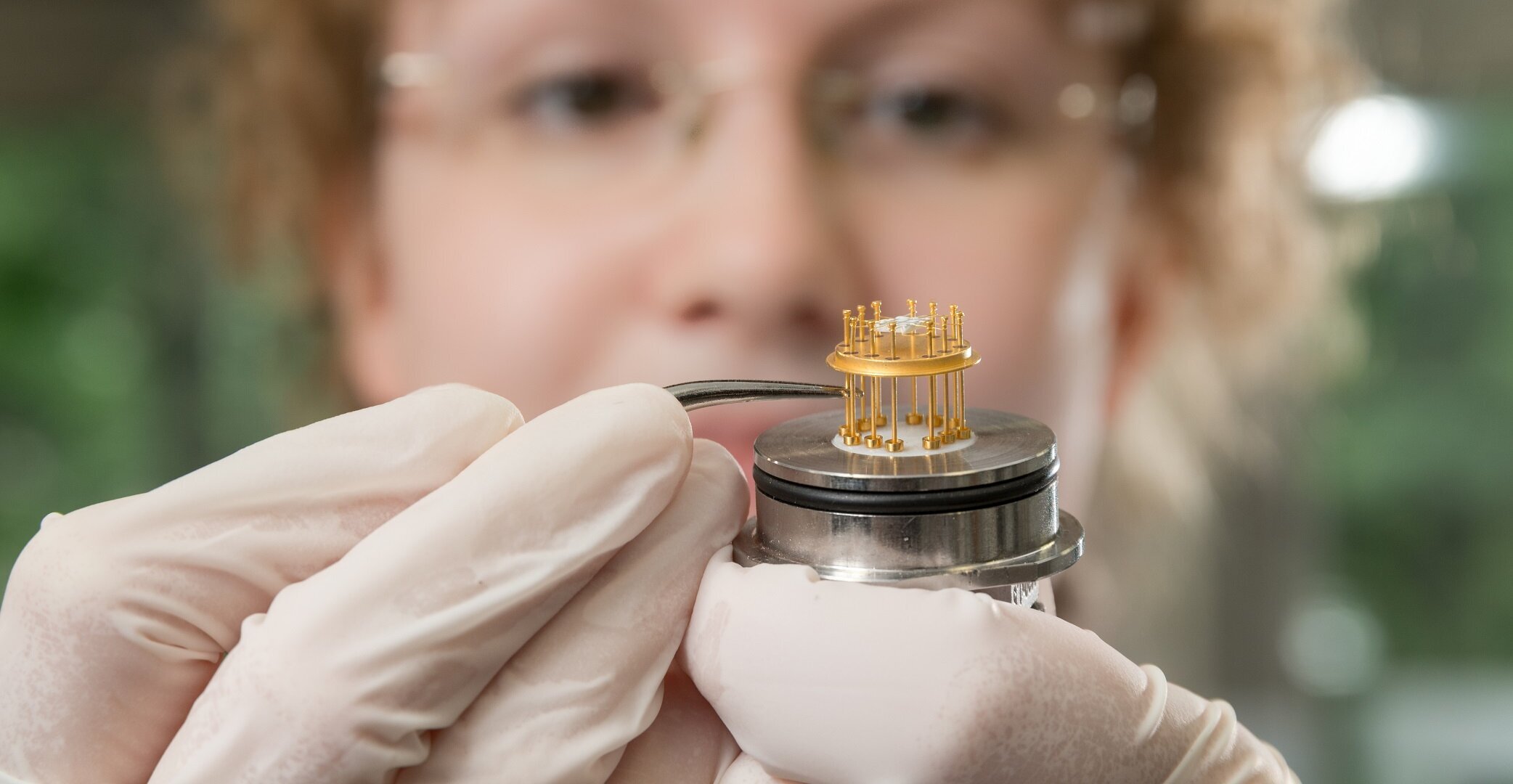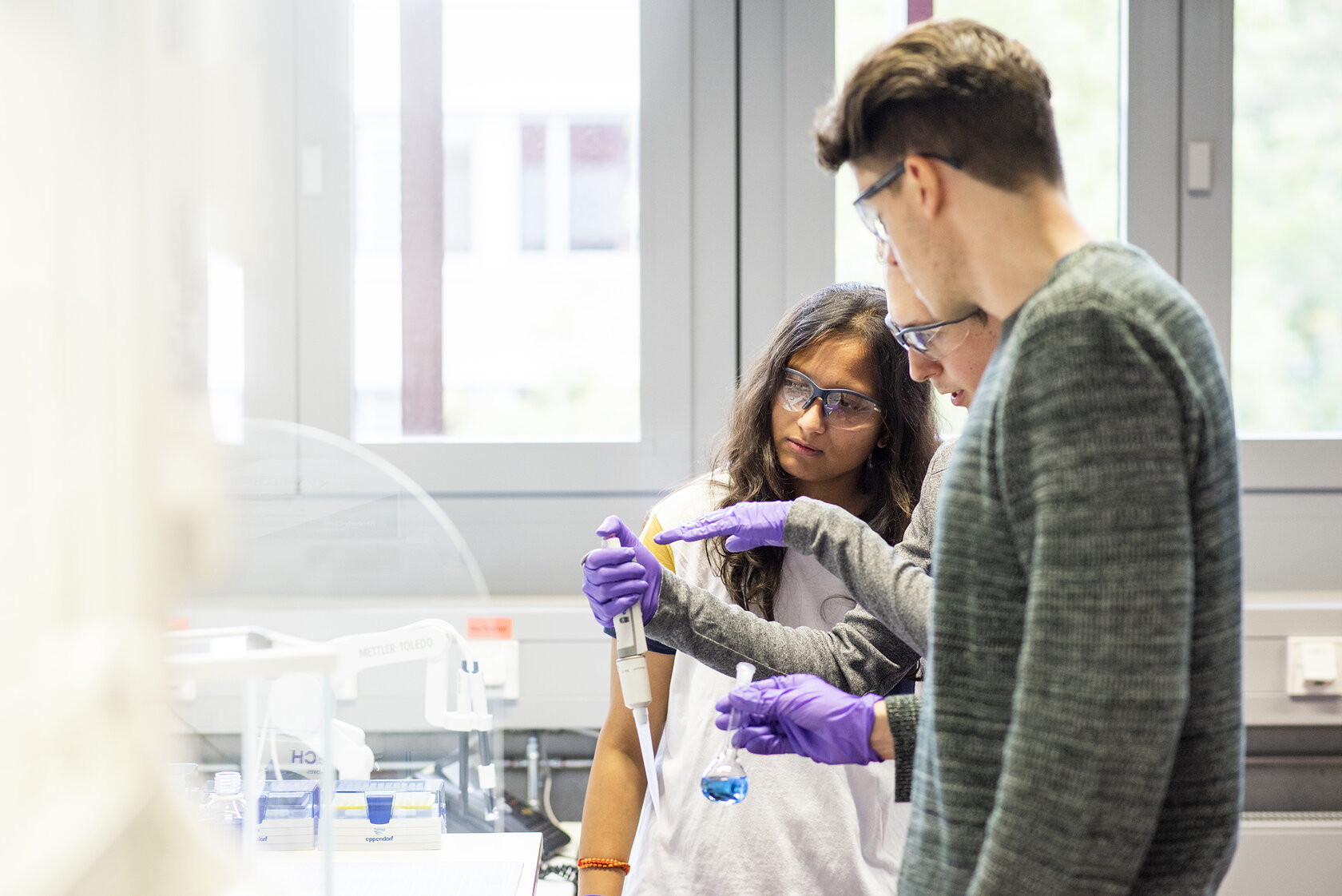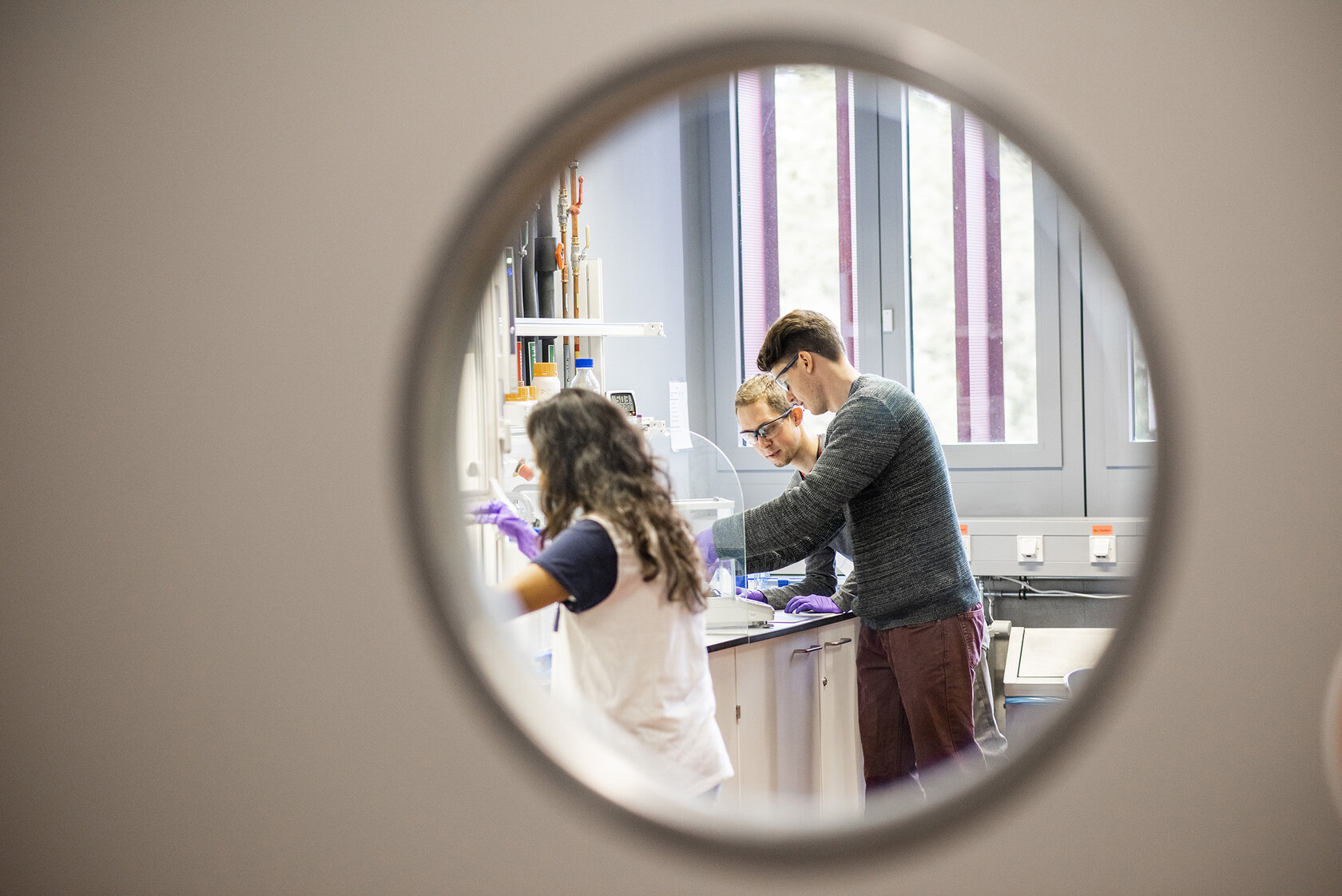
Sensor and Information Systems

What is behind ISIS?
At the university's own Institute for Sensor and Information Systems (ISIS), several scientists joined forces in 2008 to conduct joint research in the field of sensor technology and provide new impetus for innovative developments. The members had already worked together loosely before. The different areas of expertise are closely interlinked and thus enable a holistic approach in the interaction of sensor elements, signal processing, networking, information systems, intelligent processes and applications. In this way, the researchers can work on a wide range of questions relating to modern, sensor-based information systems. This is why ISIS is a valued partner for other research institutes as well as for users (technology transfer). Accordingly, the institute is closely networked with national and international research partnerships.

Fields of activity
The fields of work range from technology developments for the production of sensors to sensor-based analysis methods and specific applications of sensor principles to carry out processes in a self-monitoring, intelligent and efficient manner. On the one hand, microstructure technologies are used, on the other hand, material developments are necessary to meet the operating conditions of specific applications. Signal acquisition, numerical signal analysis and networking play an important role and are partly worked on in research partnerships. At present, ISIS is working on the following research areas in particular:
- Metal oxide gas sensors for early alerting of hazardous situations and for the analysis of gases from biotechnological processes.
- High-temperature gas sensors for exhaust gas analysis with the aim of optimising combustion processes and for monitoring the tar content of biomass gasification processes.
- Sensor-based drinking and wastewater treatment / wastewater recycling using membrane technology and capacitive deionisation .
- Development of novel low-fouling membranes for water filtration
- Optofluidic biosensors and miniaturised analytical systems.
- Analysis of fluids on-chip for point-of-care applications, e.g. for mobile blood analysis.